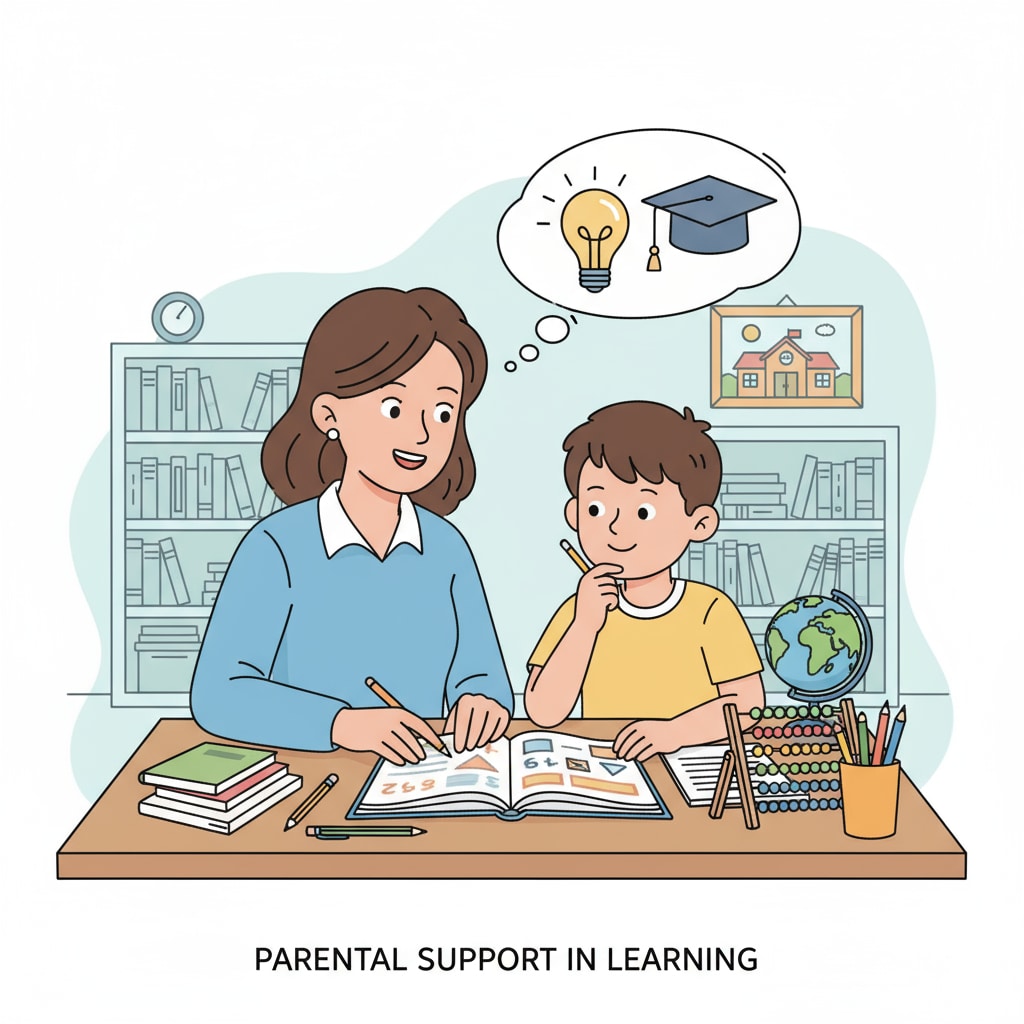The concept of tying child tax credit to student performance and parental responsibility has emerged as a significant policy proposal with potential far-reaching implications. This idea aims to not only provide financial support to families but also encourage positive academic outcomes and increased parental involvement.

However, like any policy initiative, it comes with both potential benefits and risks.
The Rationale Behind the Link
The main reason for suggesting this link is to incentivize parents to be more involved in their children’s education. By making the child tax credit conditional on student performance, it is hoped that parents will take a more active role in ensuring their kids are doing well in school. For example, they may be more likely to help with homework, attend parent-teacher meetings, and engage in other activities that support learning. This, in turn, could lead to improved academic performance among students. Education Policy Insights on EdWeek

Potential Benefits
- Improved Academic Performance: With parents having a financial stake in their children’s success, there is a possibility that students will receive more support at home, leading to better grades and test scores.
- Increased Parental Engagement: Parents may become more involved in school activities, which can have a positive impact on the overall school environment and student well-being.
- Resource Allocation: The policy could help direct financial resources towards families that are actively promoting their children’s education, potentially improving the efficiency of government spending. Brookings Institution’s Research on Education Policy
Challenges and Risks
However, this policy proposal also faces several challenges. Firstly, it may be difficult to accurately measure student performance in a way that is fair and comprehensive. Standardized tests alone may not capture all aspects of a student’s learning. Secondly, there is a risk of creating additional stress for students and families. If the tax credit is at stake, it could put excessive pressure on children to perform well, potentially leading to negative mental health effects. Additionally, families with limited resources or facing difficult circumstances may be unfairly penalized, as they may not have the means to support their children’s education despite their best efforts.
Readability guidance: The proposal to link child tax credit with student performance and parental responsibility is a complex one. It holds the promise of positive change in education but also brings with it significant challenges. By carefully considering these aspects, policymakers can make more informed decisions about whether and how to implement such a policy.


